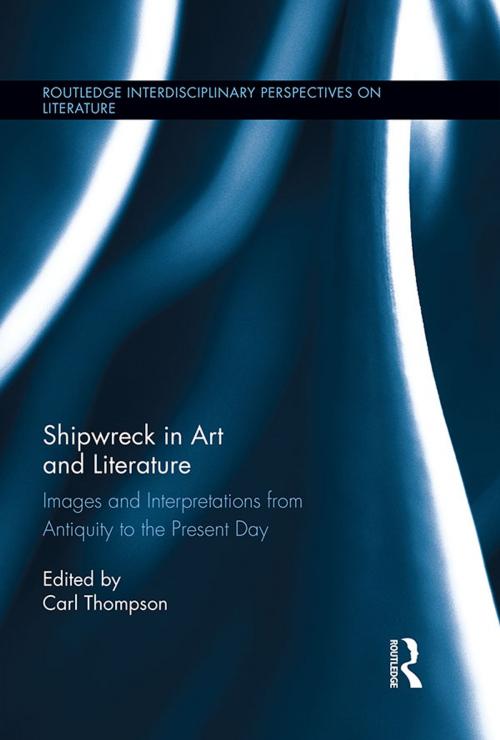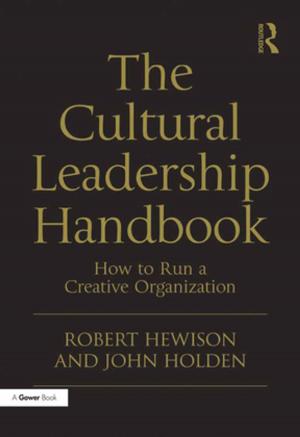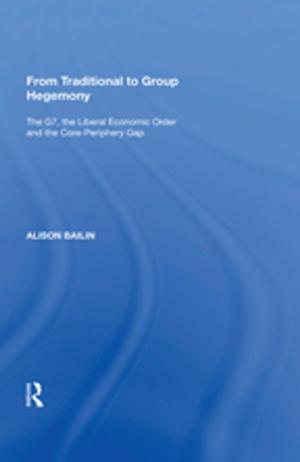Shipwreck in Art and Literature
Images and Interpretations from Antiquity to the Present Day
Nonfiction, Reference & Language, Transportation, Ships & Shipbuilding, Art & Architecture, General Art, Criticism, Fiction & Literature, Literary Theory & Criticism| Author: | ISBN: | 9781136161520 | |
| Publisher: | Taylor and Francis | Publication: | May 9, 2014 |
| Imprint: | Routledge | Language: | English |
| Author: | |
| ISBN: | 9781136161520 |
| Publisher: | Taylor and Francis |
| Publication: | May 9, 2014 |
| Imprint: | Routledge |
| Language: | English |
Tales of shipwreck have always fascinated audiences, and as a result there is a rich literature of suffering at sea, and an equally rich tradition of visual art depicting this theme. Exploring the shifting semiotics and symbolism of shipwreck, the interdisciplinary essays in this volume provide a history of a major literary and artistic motif as they consider how depictions have varied over time, and across genres and cultures. Simultaneously, they explore the imaginative potential of shipwreck as they consider the many meanings that have historically attached to maritime disaster and suffering at sea. Spanning both popular and high culture, and addressing a range of political, spiritual, aesthetic and environmental concerns, this cross-cultural, comparative study sheds new light on changing attitudes to the sea, especially in the West. In particular, it foregrounds the role played by the maritime in the emergence of Western modernity, and so will appeal not only to those interested in literature and art, but also to scholars in history, geography, international relations, and postcolonial studies.
Tales of shipwreck have always fascinated audiences, and as a result there is a rich literature of suffering at sea, and an equally rich tradition of visual art depicting this theme. Exploring the shifting semiotics and symbolism of shipwreck, the interdisciplinary essays in this volume provide a history of a major literary and artistic motif as they consider how depictions have varied over time, and across genres and cultures. Simultaneously, they explore the imaginative potential of shipwreck as they consider the many meanings that have historically attached to maritime disaster and suffering at sea. Spanning both popular and high culture, and addressing a range of political, spiritual, aesthetic and environmental concerns, this cross-cultural, comparative study sheds new light on changing attitudes to the sea, especially in the West. In particular, it foregrounds the role played by the maritime in the emergence of Western modernity, and so will appeal not only to those interested in literature and art, but also to scholars in history, geography, international relations, and postcolonial studies.















